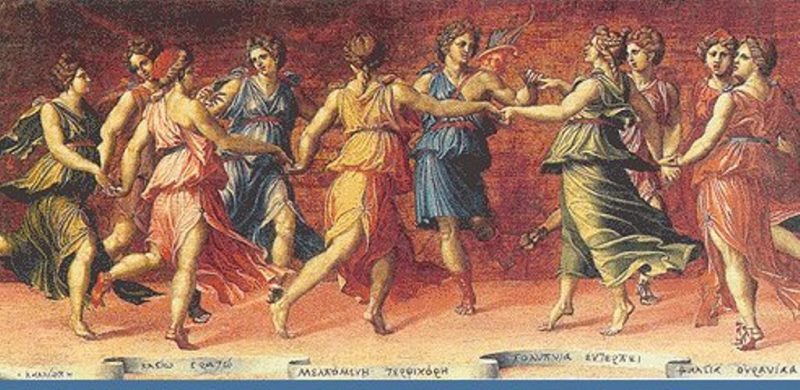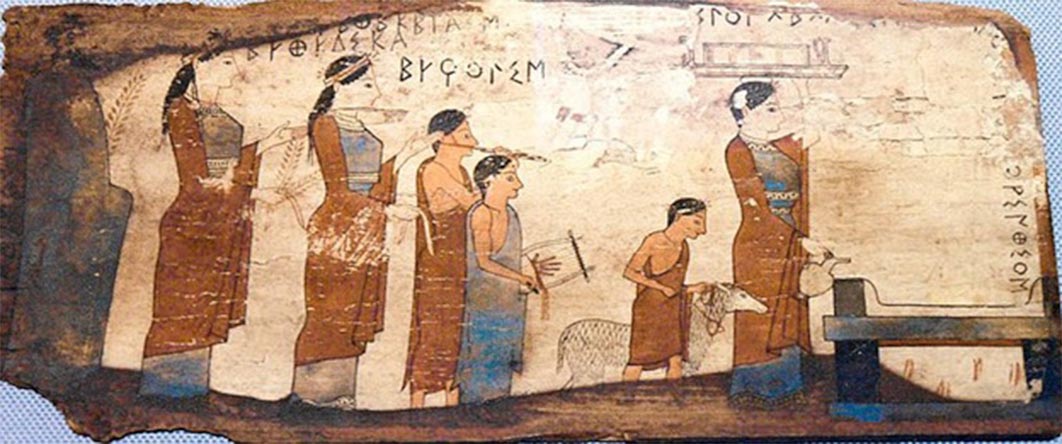Reference




OpenAI's Answer
Music and dance played a crucial role in Greek sacrificial rituals, acting as integral components of religious ceremonies and communal celebrations. They were used to elevate spiritual experiences and create a sense of unity and ecstasy among participants. Here are a few key points about their role:
-
Communal Unity: Music and dance were essential in strengthening community bonds. They were part of elaborate ceremonies that brought people together, fostering a sense of belonging and unity (source).
-
Connection with the Divine: These elements were believed to appease gods and goddesses, thus playing a critical role in religious ceremonies. The involvement of music and dance was intended to connect worshippers with the divine, sometimes through ecstatic experiences (source, source).
-
Instruments and Choreography: Various musical instruments like flutes, lyres, and drums were used, and specific choreographed dances were performed to honor different deities. These performances were not just for entertainment but served as sacred acts of worship (source).
-
Cultural and Social Impact: Music and dance transcended mere ritual to become significant cultural expressions within ancient Greek society. They mirrored societal values and beliefs, serving not only religious but also social functions in Greek life (source).
These elements created a vibrant and reverent atmosphere during rituals, functioning as key components in the worship and celebration of the Greek pantheon.
